In the realm of corporate governance, the effectiveness of compliance and board and committee processes is paramount. These processes form the backbone of an organisation’s ethical conduct, regulatory adherence, and strategic decision-making. In this article, we delve into the critical factors that enterprises must contemplate when assessing the efficacy of their compliance and board and committee processes.
Clear Governance Framework
A well-defined governance framework serves as the cornerstone of effective compliance and board processes. It is imperative for organisations to have robust governance structures in place, outlining roles, responsibilities, and reporting lines. A clear framework establishes accountability, transparency, and a solid foundation for evaluating the effectiveness of compliance and board procedures.
Compliance and Risk Management
Compliance with laws, regulations, and industry standards is a fundamental consideration. Organisations must assess whether their compliance processes adequately identify, assess, and mitigate risks. Regular audits and risk assessments ensure that the organisation remains compliant and well-prepared to navigate potential challenges.
Ethical Standards and Code of Conduct
Ethical behaviour and a strong adherence to relevant corporate governance codes of conduct are integral to maintaining the organisation’s reputation. Effective compliance processes involve continuous reinforcement of ethical standards and the associated governance codes, coupled with mechanisms to report ethical violations confidentially. A commitment to ethical conduct enhances stakeholder trust and contributes to a positive corporate culture.
Board and Committee Composition
The composition of the board and its committees significantly impacts decision-making and oversight. Organisations must evaluate whether board members possess the necessary expertise, diversity, and independence to provide effective guidance. A balanced mix of skills and perspectives ensures that critical issues are thoroughly examined and well-informed decisions are made.
Structure and Processes
Assessing the structure and processes of the board and its committees is essential. This involves evaluating factors such as meeting frequency, agenda setting, and decision-making procedures. A streamlined process facilitates efficient discussions, promotes strategic alignment, and enhances the board’s ability to fulfil its fiduciary responsibilities.
Communication and Transparency
Effective communication between the board, committees, and stakeholders is vital. Organisations must consider whether information flows seamlessly and transparently among these entities. Open channels of communication enable informed decision-making and ensure that all relevant parties are kept well-informed.
Performance Evaluation
Regular performance evaluations are crucial for identifying strengths and areas for improvement within compliance and board and committee processes. Comprehensive evaluations help pinpoint gaps, refine procedures, and enhance overall effectiveness. By embracing a culture of continuous improvement, organisations ensure that governance practices remain robust and relevant.
Training and Development
Board members and committee participants should be equipped with the necessary knowledge and skills to fulfil their roles effectively. Ongoing training and development programs ensure that individuals are up-to-date with industry trends, regulatory changes, and best practices. Well-informed members contribute to more insightful discussions and well-rounded decisions.
Alignment with Organisational Strategy
The alignment of compliance and board and committee processes with the organisation’s strategic goals is a pivotal consideration. Effective governance supports the execution of the company’s mission and vision. Regular assessments help ensure that compliance and board processes are in sync with the organisations’s long-term objectives.
In Conclusion
In the intricate tapestry of corporate governance, the evaluation of compliance and board and committee processes is a multifaceted endeavour. By addressing key issues such as governance frameworks, regulatory compliance, ethical standards, and effective communication, organisations can fortify their governance practices.
Through thoughtful consideration and continuous improvement, enterprises can foster a culture of accountability, transparency, and strategic decision-making that propels them toward sustained success.
As your trusted human resources consultancy partner, we are committed to assisting you in navigating these critical considerations and optimising your compliance and board processes for enhanced performance and enduring growth.
About The Author
Matthew Davis leads MDC Advisory, a full-service business psychology and Leadership consulting practice.
He has over 30 years’ experience of advising clients on all aspects of effective selection having advised clients globally.
He can be contacted at [email protected] or on 07974 430021



